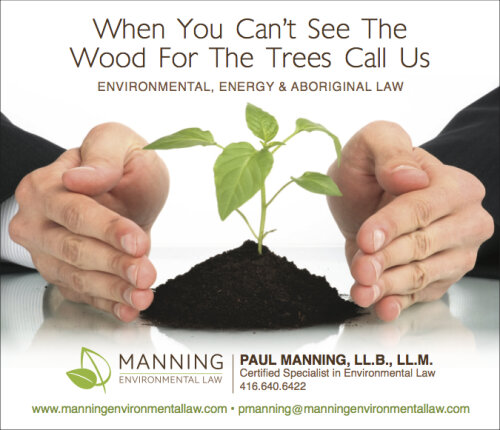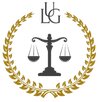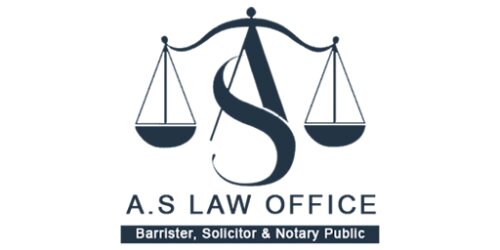Best Brokerage Lawyers in Canada
Share your needs with us, get contacted by law firms.
Free. Takes 2 min.
Free Guide to Hiring a Real Estate Lawyer
Or refine your search by selecting a city:
List of the best lawyers in Canada
About Brokerage Law in Canada
Brokerage law in Canada encompasses a range of regulations and legal principles that govern the activities of brokers across various domains, including real estate, insurance, and financial securities. These laws are designed to ensure transparency, honesty, and financial solvency among brokerage firms and agents, providing a framework to protect consumers and investors. The legal landscape is shaped by both federal and provincial regulations, aiming at promoting ethical standard practices and safeguarding the interests of all involved parties.
Why You May Need a Lawyer
Individuals or businesses may require legal assistance in the field of brokerage for various reasons. Below are some common situations where legal guidance might be necessary:
Disputes with brokerage firms concerning investment advice or mismanagement of funds.
Negotiating or reviewing contracts involving brokerage services.
Resolving compliance issues with federal or provincial regulatory bodies.
Handling cases of fraud or unethical practices by a broker or brokerage firm.
Evaluating claims related to real estate transactions or financial investments.
Engaging a lawyer specialized in brokerage law can ensure that legal rights are protected and provide the necessary expertise to resolve complex issues.
Local Laws Overview
The brokerage landscape in Canada is influenced by regulations such as the Securities Act, the Real Estate Trading Act, and provincial laws enforced by bodies like the Canadian Securities Administrators (CSA) and Real Estate Councils of respective provinces. Key aspects include:
Licensing requirements for brokers to ensure only qualified individuals provide brokerage services.
Regulations governing disclosure requirements to maintain transparency between brokers and clients.
Compliance and record-keeping obligations that protect consumer interests and ensure brokers operate ethically.
Laws addressing consumer protection, particularly concerning misrepresentation, fraud, and other unethical practices.
Specific provincial regulations that address regional differences in real estate markets and financial products.
Frequently Asked Questions
What is the role of a brokerage lawyer?
A brokerage lawyer provides legal advice and representation in matters involving brokerage services, ensuring compliance with relevant laws and protection of clients' rights.
Do brokers need to be licensed in Canada?
Yes, brokers need to be licensed to operate legally in Canada, and the requirements vary by province and the type of brokerage activities conducted.
What are my rights if my broker acts unethically?
If a broker acts unethically, you have the right to file a complaint with the respective provincial regulatory body and may pursue legal action for damages.
Are brokerage agreements legally binding?
Yes, brokerage agreements are legally binding contracts, and both parties must adhere to the terms outlined in the agreement.
How can I ensure my investments are protected?
To protect investments, verify the broker's licensing status, comprehend the details of any agreement, and seek legal advice if necessary.
What should I do if I suspect brokerage fraud?
If you suspect brokerage fraud, gather evidence and file a complaint with the regulatory authority, and consider seeking legal advice to explore further options.
Can brokers offer advice on all types of investments?
Brokers often specialize in certain types of investments, and while they may provide general advice, it's important to consult a specialist for specific needs.
What documentation should brokers provide?
Brokers should provide all necessary documentation, including disclosures, agreements, and transaction records, to ensure transparency and compliance.
How are brokerage disputes typically resolved?
Brokerage disputes can be resolved through negotiation, mediation, arbitration, or litigation, depending on the circumstances and legal advice obtained.
What are the penalties for non-compliance with brokerage laws?
Penalties for non-compliance can include fines, license suspension, or revocation and potential damages payable to affected parties.
Additional Resources
For more information, consider exploring the following resources:
Canadian Securities Administrators (CSA)
Provincial Real Estate Councils and Commissions
Investment Industry Regulatory Organization of Canada (IIROC)
The Financial Services Regulatory Authority of Ontario (FSRA)
Legal Aid services offering consultations on brokerage-related issues
Next Steps
If you require legal assistance in brokerage, consider the following steps:
Identify the specific issue and gather all relevant documentation.
Consult with a lawyer specializing in brokerage law to discuss your situation.
Explore options for legal remedies, such as mediation, arbitration, or litigation.
Ensure compliance with all legal requirements and consider ongoing legal advice to avoid future issues.
Taking proactive legal steps can help protect your interests and navigate the complexities of brokerage law effectively.
Lawzana helps you find the best lawyers and law firms in Canada through a curated and pre-screened list of qualified legal professionals. Our platform offers rankings and detailed profiles of attorneys and law firms, allowing you to compare based on practice areas, including Brokerage, experience, and client feedback.
Each profile includes a description of the firm's areas of practice, client reviews, team members and partners, year of establishment, spoken languages, office locations, contact information, social media presence, and any published articles or resources. Most firms on our platform speak English and are experienced in both local and international legal matters.
Get a quote from top-rated law firms in Canada — quickly, securely, and without unnecessary hassle.
Disclaimer:
The information provided on this page is for general informational purposes only and does not constitute legal advice. While we strive to ensure the accuracy and relevance of the content, legal information may change over time, and interpretations of the law can vary. You should always consult with a qualified legal professional for advice specific to your situation.
We disclaim all liability for actions taken or not taken based on the content of this page. If you believe any information is incorrect or outdated, please contact us, and we will review and update it where appropriate.
Browse brokerage law firms by city in Canada
Refine your search by selecting a city.













